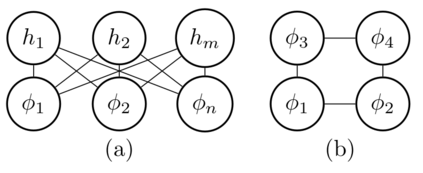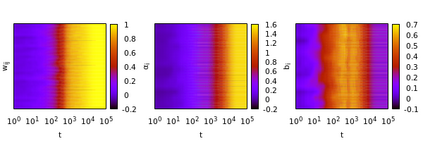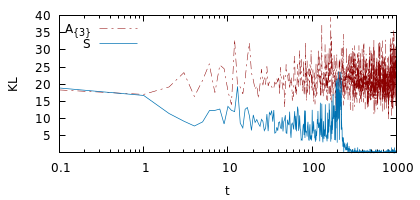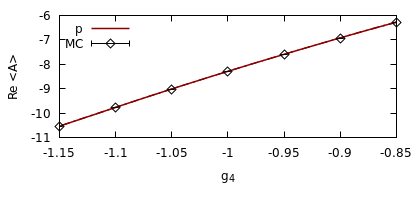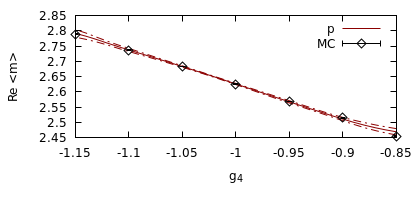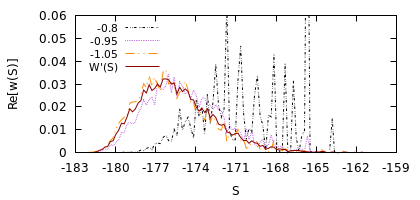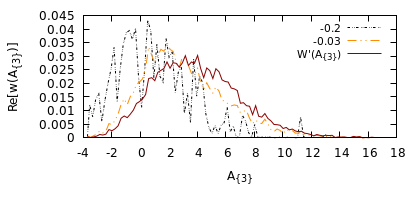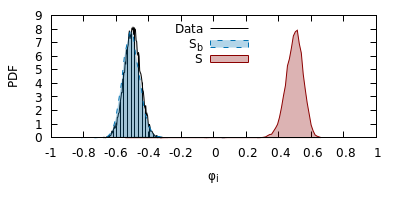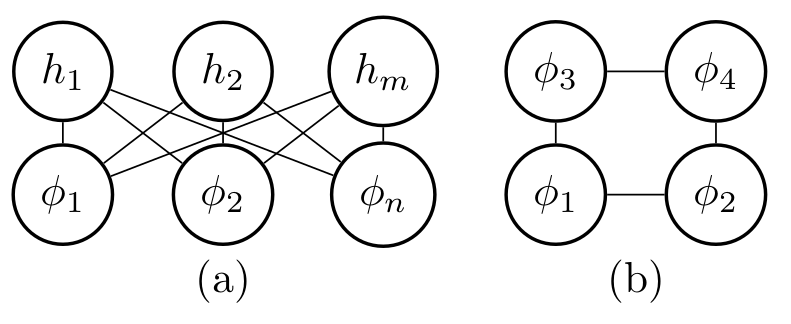We derive machine learning algorithms from discretized Euclidean field theories, making inference and learning possible within dynamics described by quantum field theory. Specifically, we demonstrate that the $\phi^{4}$ scalar field theory satisfies the Hammersley-Clifford theorem, therefore recasting it as a machine learning algorithm within the mathematically rigorous framework of Markov random fields. We illustrate the concepts by minimizing an asymmetric distance between the probability distribution of the $\phi^{4}$ theory and that of target distributions, by quantifying the overlap of statistical ensembles between probability distributions and through reweighting to complex-valued actions with longer-range interactions. Neural networks architectures are additionally derived from the $\phi^{4}$ theory which can be viewed as generalizations of conventional neural networks and applications are presented. We conclude by discussing how the proposal opens up a new research avenue, that of developing a mathematical and computational framework of machine learning within quantum field theory.
翻译:我们从分解的欧洲域理论中得出机器学习算法,使得在量子域理论所描述的动态内进行推论和学习成为可能。 具体地说,我们证明$\phi ⁇ 4} $scalar 字段理论满足了汉默斯利-克利福德理论,因此将其重新定位为马可夫随机字段数学严谨的框架内的机器学习算法。我们通过尽量减少美元=4} 理论与目标分布的概率分布之间的不对称距离,通过量化概率分布之间的统计集合重叠,以及通过远距离互动对复杂估值行动进行重新加权,来说明这些概念。神经网络结构是另外从可被视为常规神经网络和应用的通用理论中衍生出来的。我们最后通过讨论该提案如何开辟一个新的研究途径,即根据量子域理论开发一个数学和计算机器学习的计算框架。

